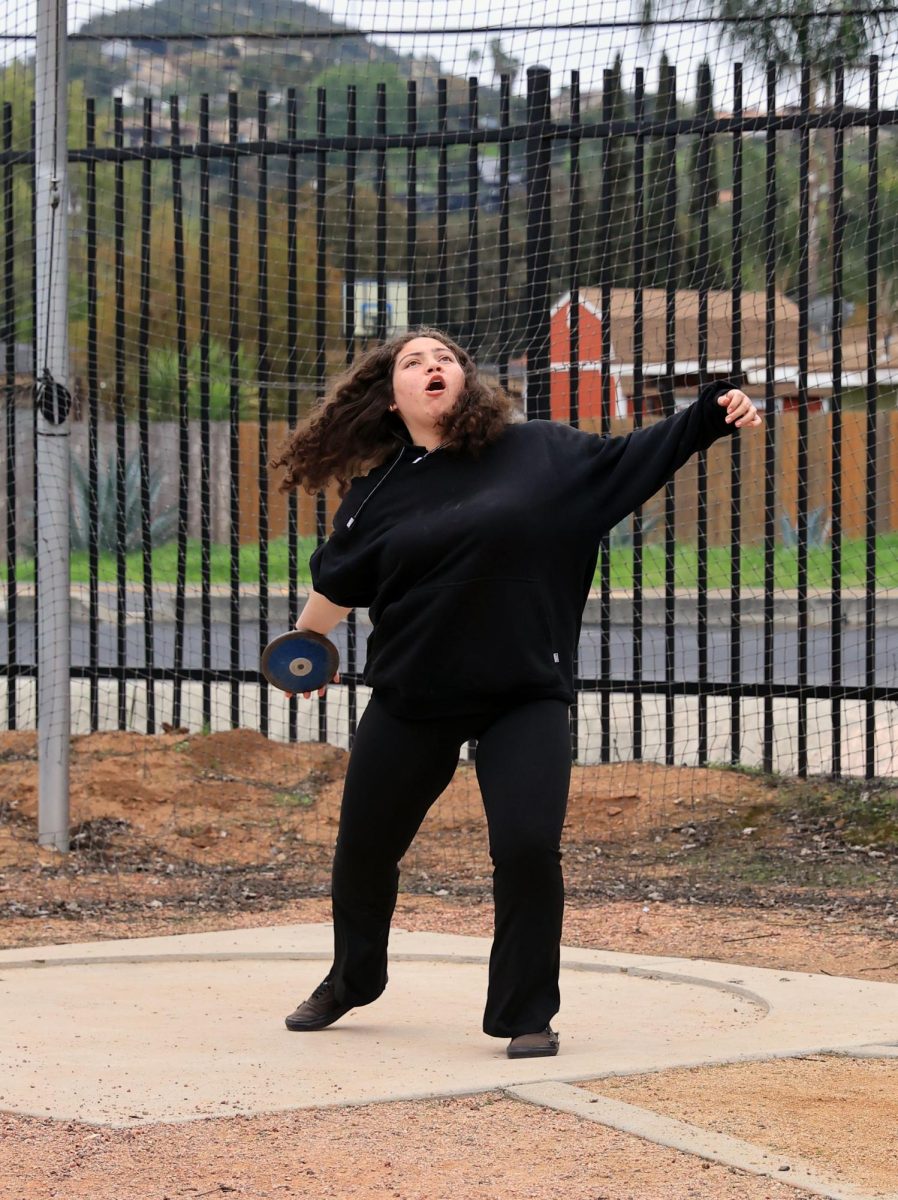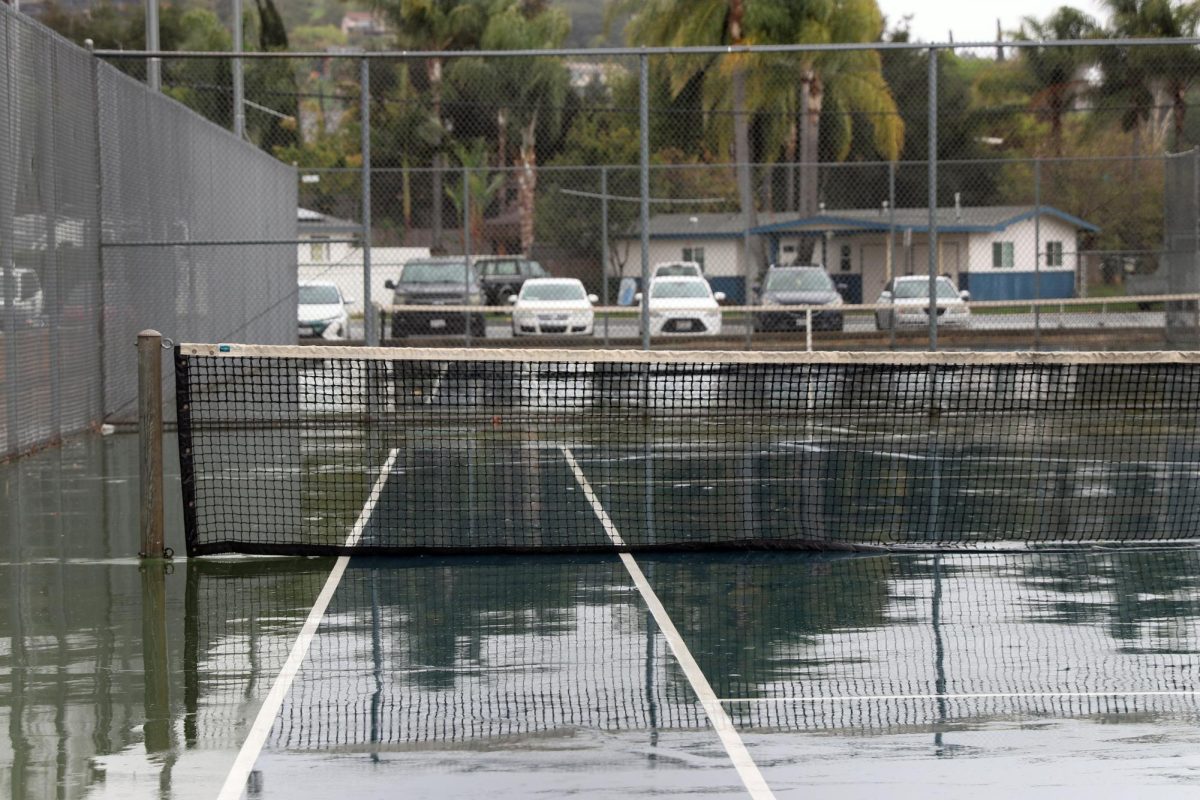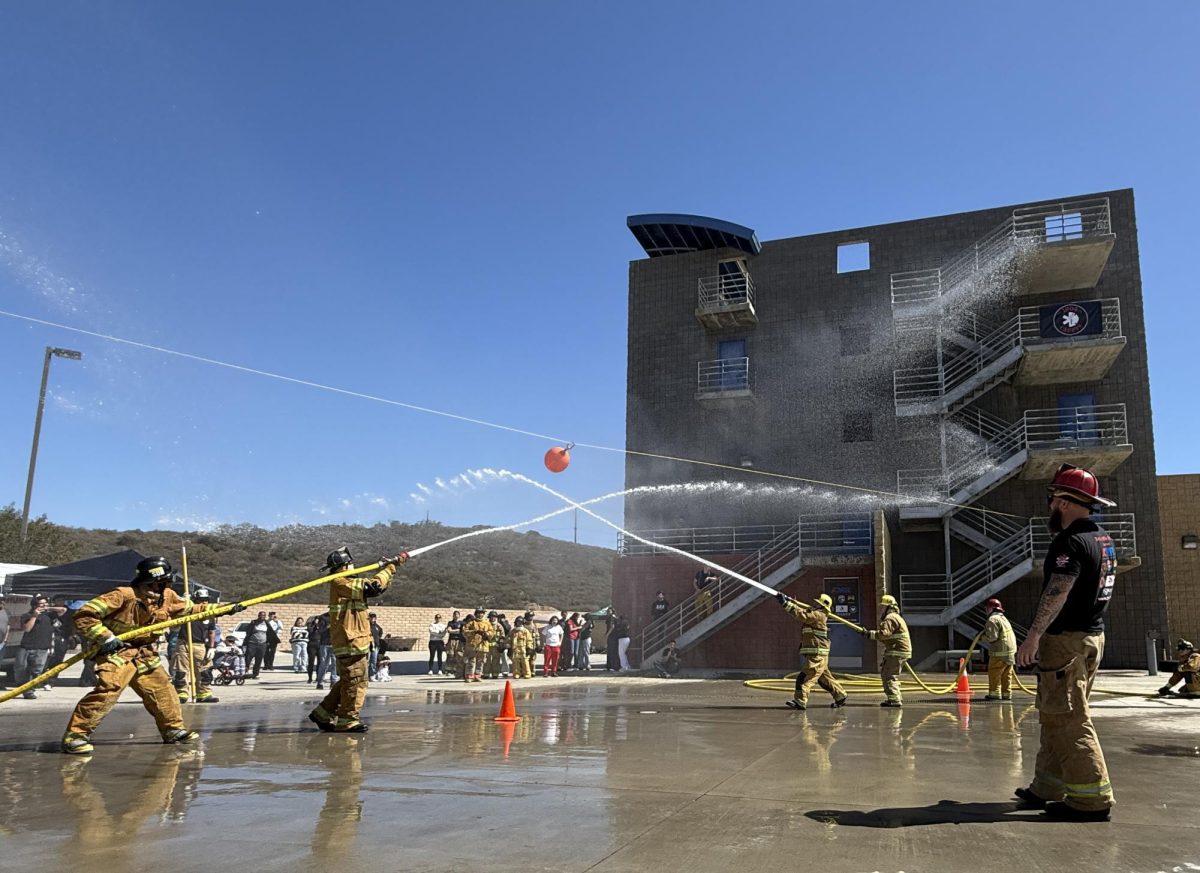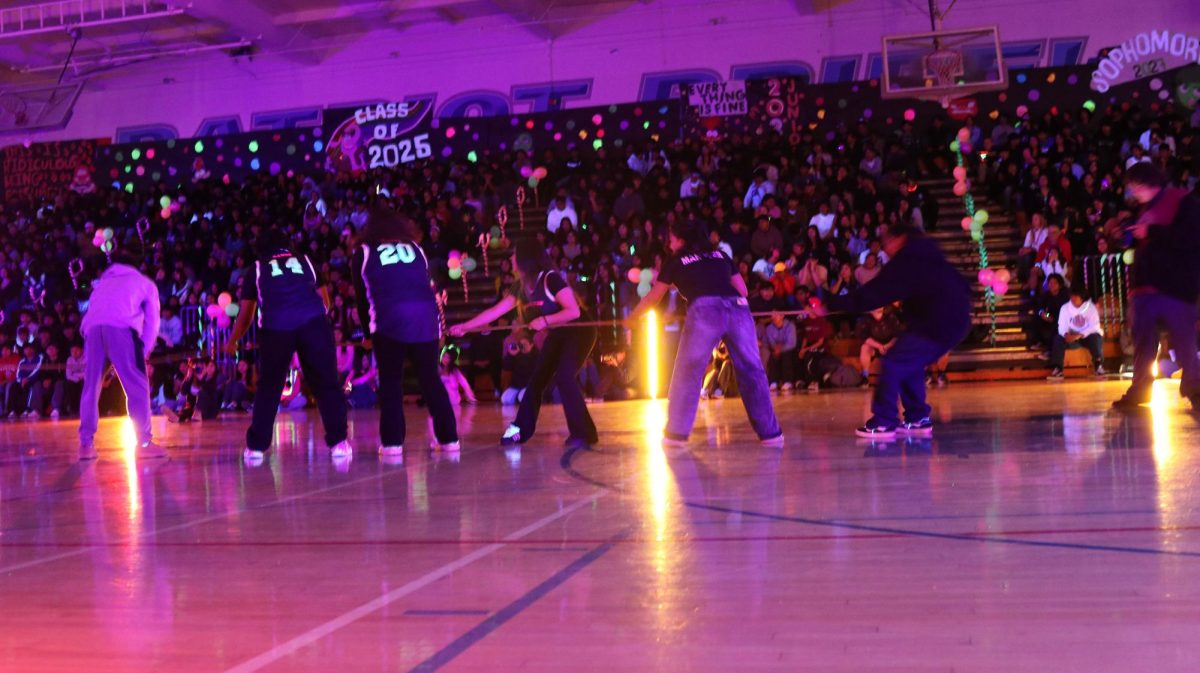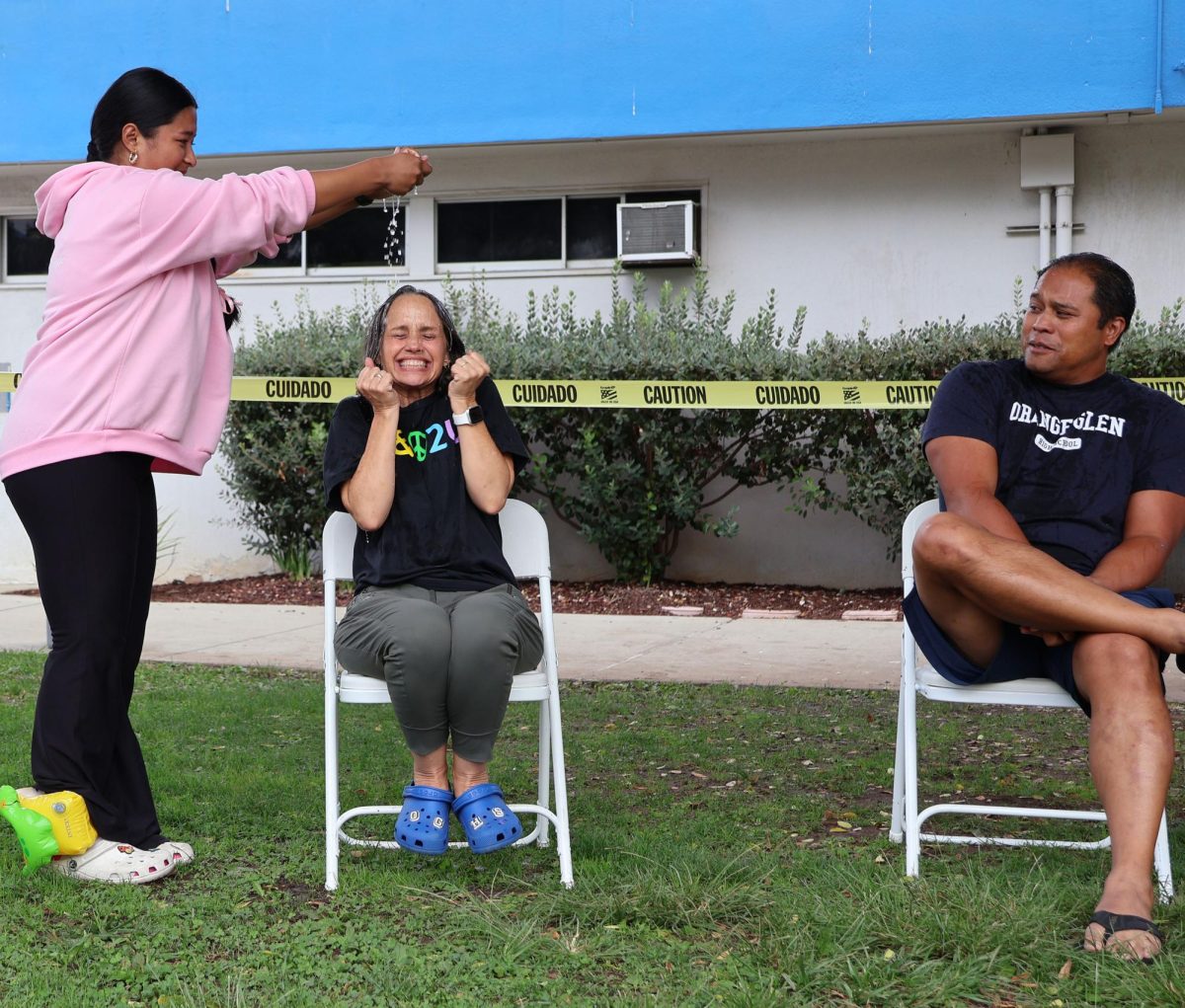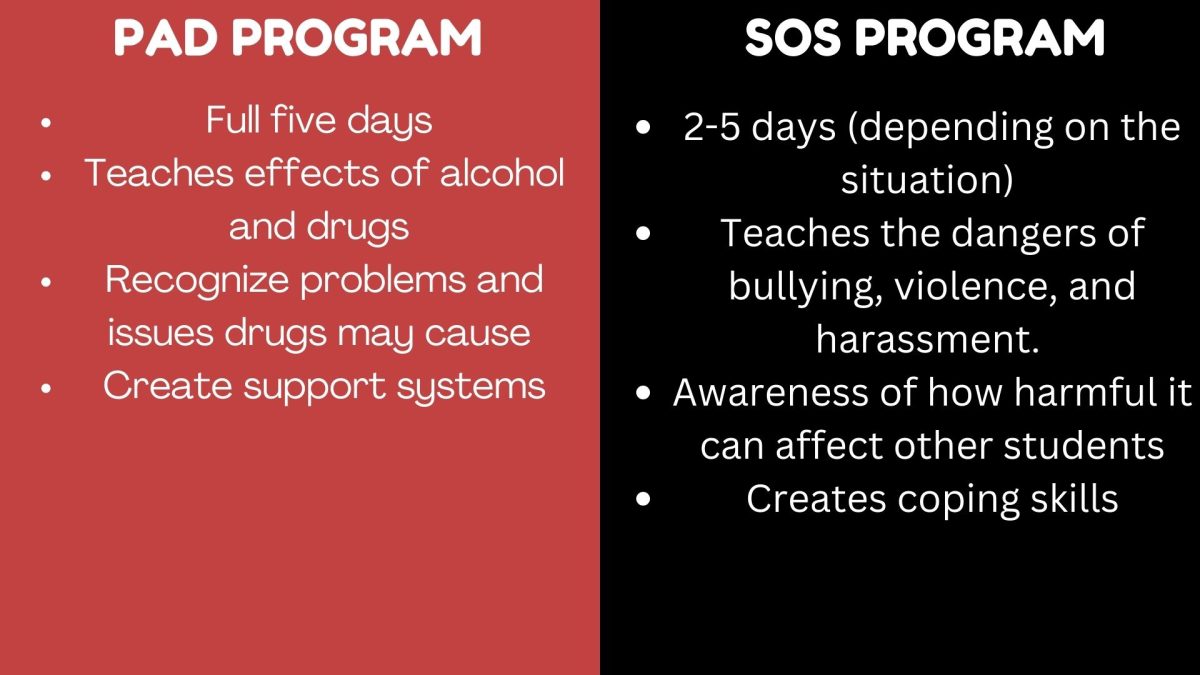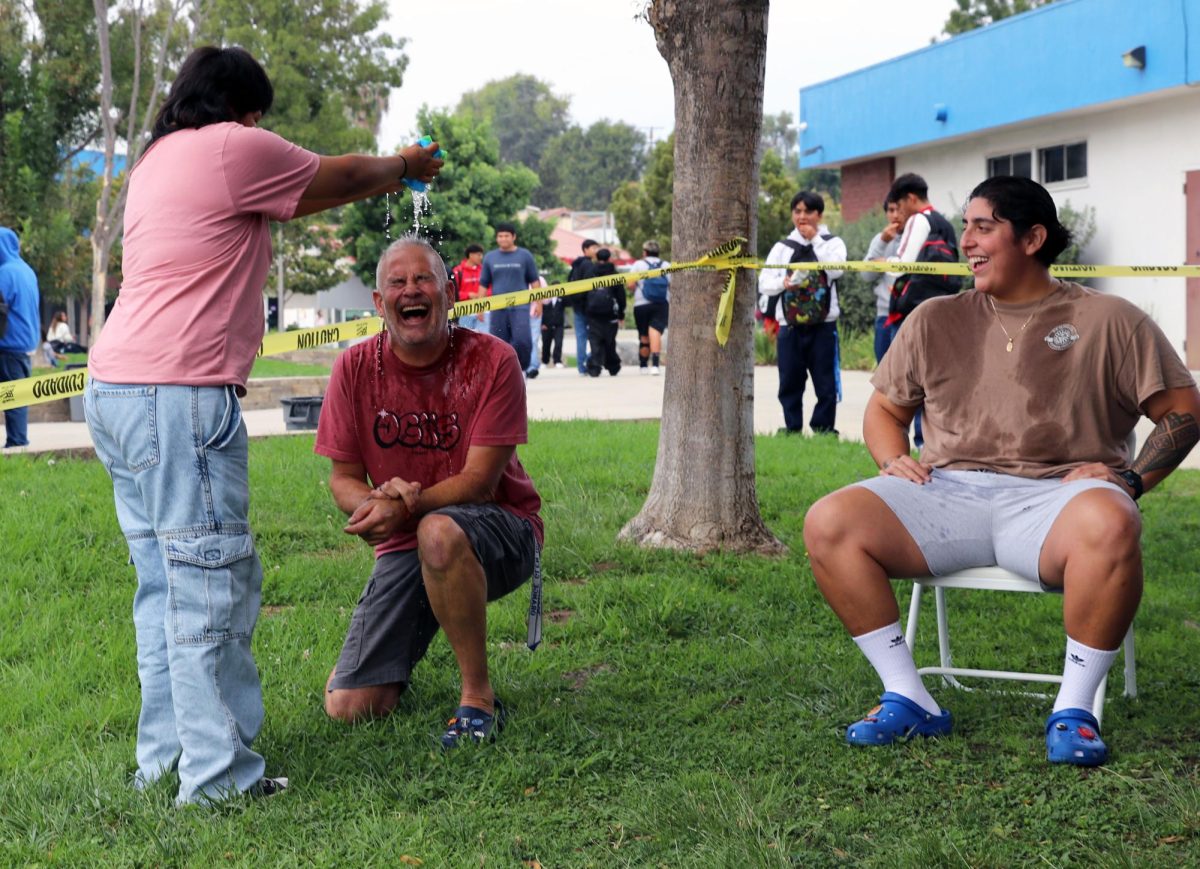After dedicating countless hours a week to practice, nothing stings more than the disappointment of a game being canceled. For athletes and coaches alike, each game is an opportunity to showcase their progress as a team and as individual players. So when bad weather strikes—whether it’s standing water on outdoor courts or soggy playing fields—cancellations are often unavoidable. For the athletics department, the leading factor for cancelled or postponed games is unpredictable weather, often forcing teams to adapt their schedule on a short notice.
“Typically, I’m the one who ensures that the field is playable. If it’s not, we have to cancel the game. It’s frustrating if I’m being honest. The canceled or rained out games really affect the girls’ momentum. It makes it hard for us to follow our regular routine,” Softball Coach Roxana McInerny said.
Cancellations don’t solely disrupt schedules. They place a financial burden upon teams that must cancel a game, no matter if it was done last minute or weeks prior. At the end of the season, teams must pay a fee for each game that was not played, making the losses more frustrating. For the week of March 10 alone, more than five sporting events were cancelled. The cancelled events included games for boys’ tennis, track, softball and baseball.
“When a game is canceled—no matter if it’s weather making it unsafe to play or just related to something like the other team not making it to the match—there is a fifteen dollar fee that comes out of the respective teams account,” Athletics Secretary Elizabeth Magadan said.
The paid fee is one of the many strains that comes with the unpredictability of cancellations, leading teams to hope for the best on days with unexpected conditions. With the spring season in full swing, the athletics department notes that games have been heavily impacted by weather conditions—rain to be exact. But while sports such as softball and tennis that must cancel their games if their playing fields are deemed unplayable, track & field meets are rarely canceled due to rain-outs.
“The difference between sports that get canceled on rainy days and those that do not are safety concerns. Track has the ability to play because it doesn’t matter if you get wet–you can’t slip on an all-weather track with spikes. Baseball and softball are different, the ball slipping and injuring someone is concerning,” Assistant Principal Dave Mussatti said. Mussatti oversees the athletics department.
Game cancellations have placed a significant strain on student athletes and coaches alike, disrupting carefully planned game schedules. When a game is cancelled, athletes lose out on valuable playing time, ultimately affecting their performance in upcoming games. Coaches, on the other hand, are required to adapt to a fluctuating calendar while maintaining the level of intensity a player requires to grow. As a team, adjustments for transportation, facilities and staffing must be made, often at a financial cost. With last minute changes, sports may struggle to use resources efficiently.
“It can get pretty hectic when we have to cancel a game–it can cost the school, team and district money because we don’t have enough time to cancel buses or other necessary resources.” Coach McInerny said.



